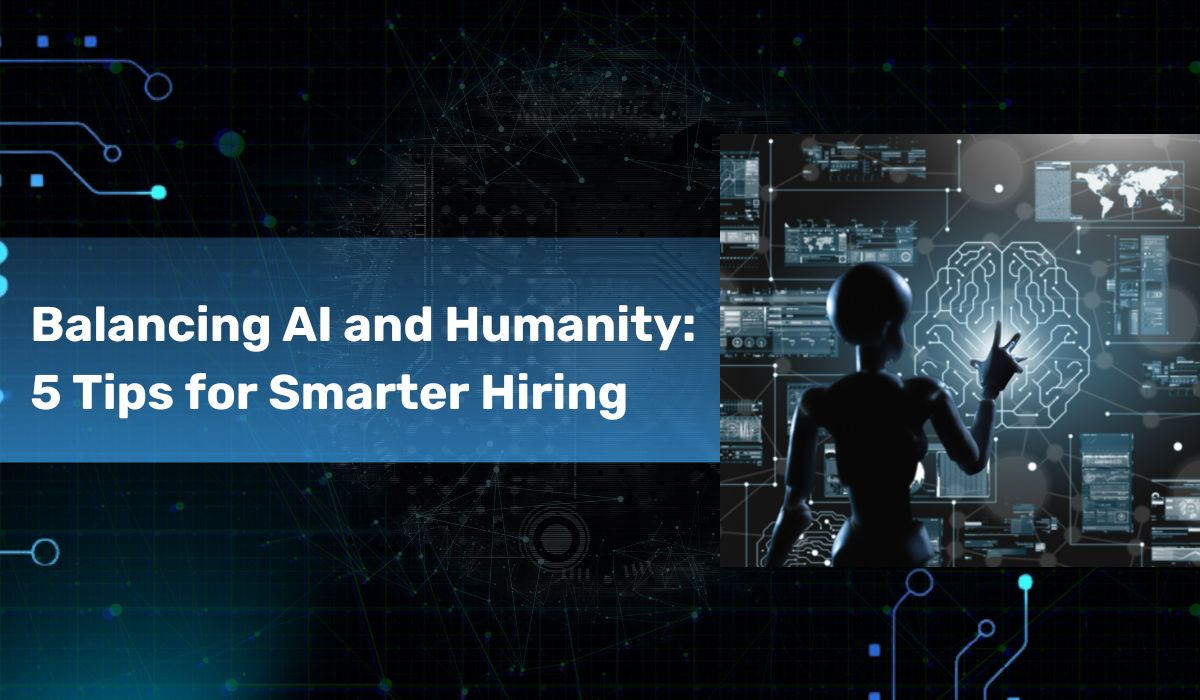
In the relentless march towards 2024, the dynamic fusion of Artificial Intelligence (AI) and semiconductor technology is spearheading a profound wave of innovation. Reshaping industries and establishing unprecedented benchmarks in technological advancement, this synergy is not merely propelling current breakthroughs but also laying the groundwork for future milestones. The trajectory of semiconductor technology has undergone a dramatic shift, with traditional chip designs being reimagined to meet the insatiable demands of AI algorithms, emphasizing immense computational power and speed.
AI's integral role in semiconductor manufacturing has become increasingly evident. The precision demanded in modern chip fabrication, coupled with intricate designs, necessitates AI-driven solutions like predictive maintenance and process optimization. These applications not only enhance efficiency and yield rates but also play a pivotal role in waste reduction—a focal point gaining prominence as we transition into 2024.
The surging demand for AI-optimized chips has led industry leaders to develop GPUs and CPUs specifically tailored for AI tasks. This shift from general-purpose processing to specialized, AI-driven solutions marks a cornerstone in the semiconductor industry's evolution. The collaboration between AI and semiconductor technology has also opened new frontiers in research and development, revolutionizing the way semiconductor components are designed and tested. Simulating and predicting chip performance, AI is contributing to reduced R&D timelines and costs, fostering faster innovation cycles and the exploration of more sophisticated chip architectures.
The convergence of AI and semiconductor technology bears significant weight on emerging technologies such as autonomous vehicles, IoT devices, and smart city applications. Notably, AI-driven semiconductors play a pivotal role in enabling advanced driver-assistance systems in autonomous vehicles. Looking towards 2024 and beyond, challenges in this space become apparent—rising complexity and costs in manufacturing AI-optimized chips, coupled with pressing environmental concerns surrounding energy consumption and waste in semiconductor manufacturing.
Future directions focus on overcoming these challenges, with a spotlight on sustainable manufacturing processes and energy-efficient AI chips. Explorations into new materials and innovative architectures, including quantum computing and neuromorphic computing, promise to revolutionize the semiconductor industry by providing alternatives to traditional silicon-based chips. In essence, the intersection of AI and semiconductor technology represents a dynamic and transformative synergy, propelling innovation across sectors. Despite challenges, innovative solutions are paving the way for sustained progress, showcasing the enduring power of technological synergy in advancing human ingenuity and progress.